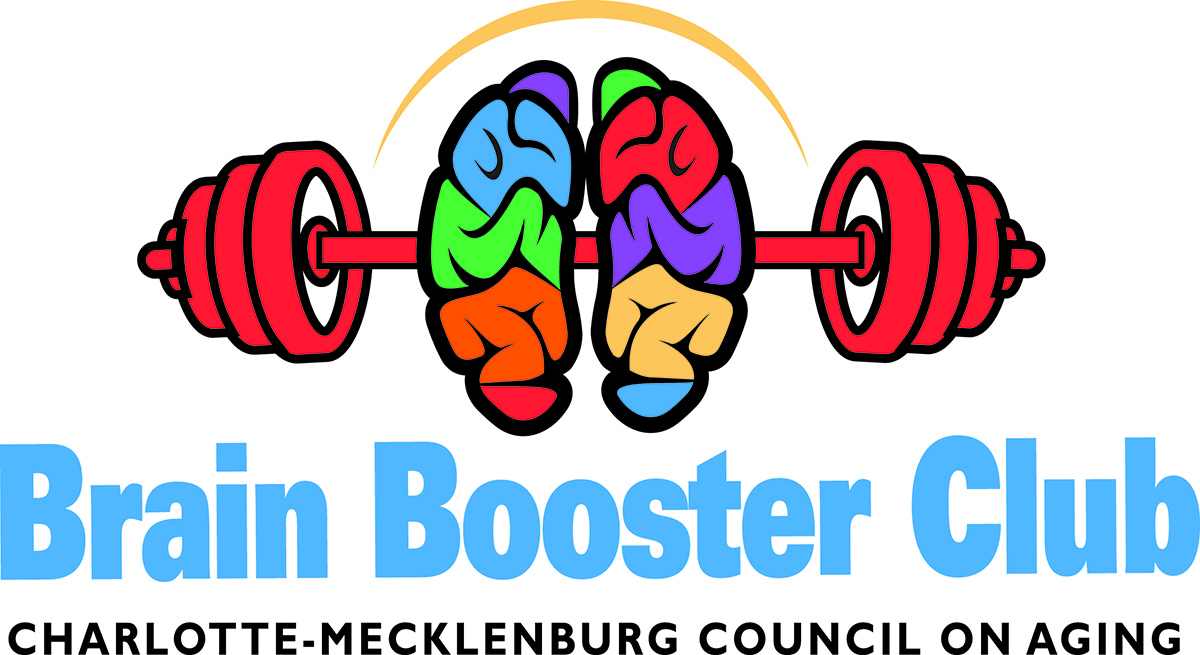
Being Dementia Friendly: Healthy Living for your Brain and Body
By C. Angela Burrow, CDP CADDCT CMDCP
A message from Coury O’Donoghue, Ph.D., Program Director Alzheimer’s Association
“We know that the heart and the brain are connected, and that what is good for the heart is good for the brain. Now, science is able to tell us why this is true and what we can do to maximize health. Much of the heart-brain connection is due to the fact that the brain is nourished by the body’s richest network of blood vessels. The oxygen and other elements delivered to the brain through the bloodstream keep the brain nourished. Each time your heart beats, 20-25% of the blood being moved goes to the brain. This is why keeping the heart in good working order helps keep the brain fueled to do its work. We also know that at any age, there are lifestyle habits we can adopt to help maintain or even potentially improve our health. These habits may also keep our brains healthy as we age and possibly delay the onset of cognitive decline. How we engage our brains, move and feed our bodies, and interact socially matter for our overall health.
The Alzheimer’s Association and Council on Aging Charlotte Mecklenburg are excited to partner on an initiative combining the Association’s Healthy Living for Your Brain and Body program with fun and interactive activities and additional education about healthy living at any age and ways to Boost Your Brain”. Codonoghue@alz.org 24-Hour Helpline: 800-272-3900
Coming soon ‘BRAIN BOOSTER CLUB’ from Council on Aging Charlotte Mecklenburg
We are in the era of brain awareness! Here is the new revelation: the brain is even more dynamic than we knew years ago, but we have to work to get results! Our brain is constantly changing and adapting to our environment, and we need to be consistent with our thoughts and actions to actually bring about a lasting change. But how?
Everything You Do Matters to Your Brain: Take a look at your daily life. Do you sit around worrying about your weight while you are watching TV and munching on high-fat snacks? Guess what – your brain won’t like that. You will be sluggish, unhappy, stressed out and your brain will adapt to that environment. You will lose brain volume, have memory problems, not be as productive at work, not be interesting to your spouse, kids, grandkids or friends, and probably end up going to the doctor more often.
Being Brain Fit: What does it look like when you are ‘brain fit’? Brain fitness is that state of awareness that you are performing well cognitively and emotionally. You are running on all cylinders, maintaining a mental edge, staying sharp, aging successfully. Aging is a broad term in this context because our brain doesn’t know how old we are. Your brain ages in response to lifestyle, chronic diseases, stress, and genes.
Strategic Plan to Reclaim Your Brain: It requires concentrated effort to strengthen neural pathways between brain cells. Neuroplasticity. This is where a brain healthy lifestyle (physical exercise, mental stimulation, nutrition, socialization, sleep, and stress reduction) all play an important part. How can you incorporate a brain healthy lifestyle?
Create an enriched environment by volunteering, mentoring, consulting or another activity that challenges your brain and opens your heart. You will be more engaged and more productive. You want to keep your energy high so you need to be more mindful of the food you eat and the exercise you get. A brain healthy lifestyle is very synergistic in that each piece fits together.
Social Interaction: Who did I see today, and for what purposes? What did I do to reconnect with someone I care about today?
Physical Activity: How many minutes did I walk today, in my neighborhood or at the park? Do I need a walking buddy? Or a solitary gym session? Take up gardening?
Cognitive Stimulation: What did I learn today? Did I challenge my mind? Did I do anything just for fun?
Stress Management: How was my stress level today? What caused me the greatest stress today? How did I cope? How did I relax and please my senses?
Sleep: How well did I sleep last night? How Long? Did I awaken during the night? If sleep was poor, do I know why? Did I feel drowsy during the day? Did I nap?
Answering these questions will help determine which areas of brain health you need to focus on as you map out your cognitive fitness plan.
But, take baby steps: You’ll feel overwhelmed if you try to address every aspect of brain health at once.



